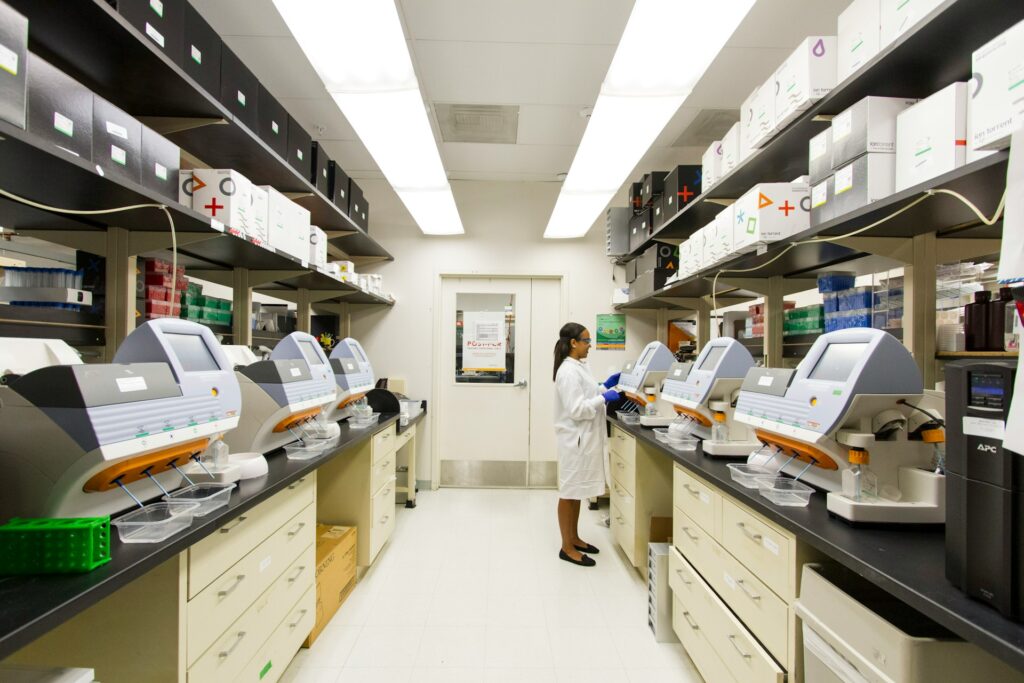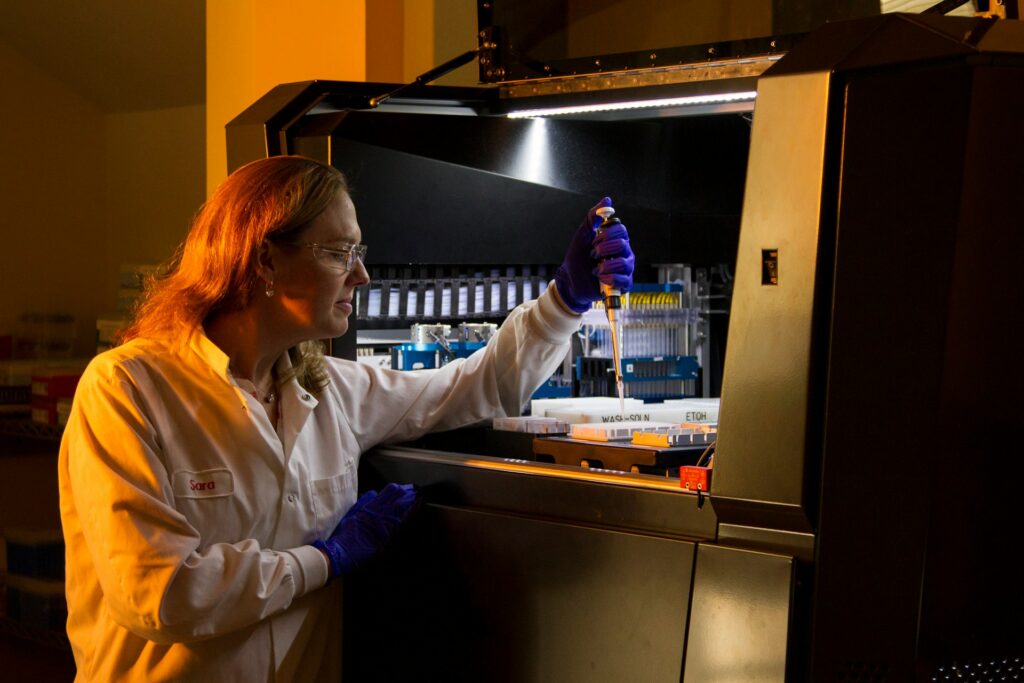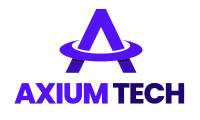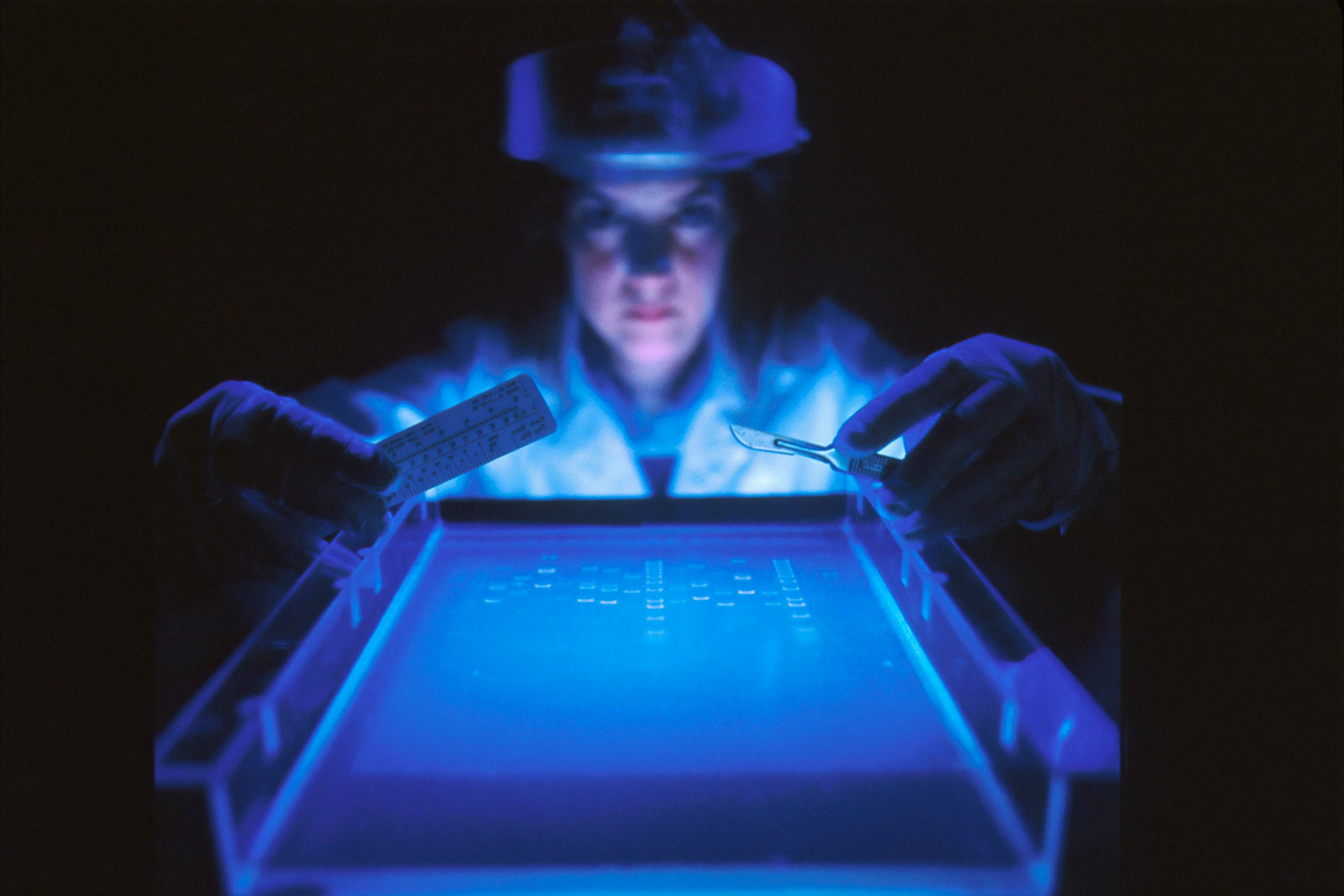In healthcare, technology plays an increasingly pivotal role in streamlining operations and improving patient care. From electronic health records (EHRs) managed with AbbaDox to telemedicine and artificial intelligence, various technological advancements are transforming how healthcare is delivered, ensuring efficiency and better outcomes. This article delves into the different ways technology is enhancing the efficiency of healthcare processes, ultimately benefiting both providers and patients.
For instance, patients dealing with complex conditions such as gallbladder inflammation can now easily access specialized care online by consulting a qualified gallbladder inflammation doctor, showcasing how digital tools are improving healthcare accessibility and timely medical intervention.
Electronic Health Records (EHRs): A Digital Backbone
Electronic Health Records (EHRs) have revolutionized the way patient information is stored and accessed. EHRs replace traditional paper records, offering a centralized and easily accessible digital repository of patient information. This technological advancement reduces the time healthcare providers spend on paperwork, minimizes errors, and ensures that critical patient information is always up-to-date and available at the point of care.
EHRs enable seamless information sharing among healthcare providers, which is crucial for coordinated care. For instance, if a patient visits multiple specialists, EHRs allow each provider to access the same comprehensive patient history, avoiding redundant tests and procedures. This not only saves time but also reduces healthcare costs and improves patient outcomes.
Telemedicine: Bridging the Gap
Telemedicine has emerged as a powerful tool, especially highlighted during the COVID-19 pandemic. It allows patients to consult with healthcare providers remotely, reducing the need for in-person visits. This technology is particularly beneficial for patients in remote or underserved areas, who might otherwise have limited access to healthcare services.
By using video conferencing, mobile apps, and other digital communication tools, telemedicine improves the efficiency of healthcare delivery. It reduces the strain on healthcare facilities, decreases patient wait times, and allows for quicker consultations. Additionally, telemedicine can be used for follow-up visits, prescription refills, and chronic disease management, making healthcare more accessible and convenient.
Artificial Intelligence: The New Frontier
Artificial Intelligence (AI) is rapidly becoming a game-changer in healthcare. AI algorithms can analyze vast amounts of data to identify patterns and make predictions, assisting healthcare providers in diagnosis and treatment planning. For example, AI-powered tools can analyze medical images, such as X-rays and MRIs, to detect abnormalities with greater accuracy and speed than human radiologists. Another example is the AI-powered real world evidence generation solution which develops fit-for-purpose real world data sets from EMR data months faster than traditional approaches. For more information, visit https://deep6.ai/solutions/rwe-generation/.

AI also enhances administrative efficiency by automating routine tasks, such as scheduling appointments, managing patient flow, and processing insurance claims. This reduces the administrative burden on healthcare staff, allowing them to focus more on patient care. Furthermore, AI-driven predictive analytics can help anticipate patient needs and optimize resource allocation, ensuring that healthcare facilities operate more efficiently.
Robotics: Precision and Efficiency
Robotic technology is increasingly being integrated into surgical procedures, offering precision and reducing the risk of human error. Robotic-assisted surgeries allow for minimally invasive procedures, which result in shorter recovery times, less pain, and lower risk of complications for patients. Surgeons can perform complex operations with greater control and accuracy, improving outcomes and efficiency in the operating room.
Additionally, robots are used in hospitals for tasks such as medication dispensing, disinfection, and transportation of medical supplies. These applications of robotics reduce the workload on healthcare staff, minimize errors, and ensure a sterile environment, ultimately contributing to the overall efficiency of healthcare processes.
Mobile Health Apps: Empowering Patients
Mobile health apps are empowering patients by providing them with tools to manage their health proactively. These apps offer a range of functionalities, from tracking physical activity and nutrition to monitoring chronic conditions and medication adherence. By enabling patients to take control of their health, mobile health apps reduce the frequency of doctor visits and hospital admissions.
Healthcare providers can also use data from these apps to monitor patients remotely and intervene when necessary. For example, a mobile app that tracks blood glucose levels can alert a healthcare provider if a patient’s readings are consistently high, prompting timely medical intervention. Researchers are also leveraging data from mobile health apps to conduct real-world studies, generating strong evidence by measuring health in everyday life. To learn more about how these insights are contributing to medical research, click here. This proactive approach helps in managing chronic diseases more effectively and efficiently.
Computerized Maintenance Management Systems (CMMS): Optimizing Facility Management
Computerized Maintenance Management Systems such as Llumin CMMS are increasingly being utilized in healthcare to streamline the management of medical equipment and facilities. CMMS software tracks maintenance schedules, work orders, and asset management, ensuring that all equipment is regularly serviced and functioning optimally.

This prevents equipment downtime and extends the lifespan of costly medical devices. Additionally, CMMS enhances compliance with regulatory standards by maintaining detailed records of all maintenance activities. By optimizing the maintenance process, CMMS contributes significantly to the overall efficiency and reliability of healthcare facilities.
Conclusion
The integration of technology in healthcare is revolutionizing the industry by improving the efficiency of various processes. Electronic Health Records streamline patient information management, telemedicine enhances access to care, artificial intelligence aids in diagnosis and administrative tasks, robotics improve surgical precision, mobile health apps empower patients, and CMMS optimizes facility management. These technological advancements not only enhance operational efficiency but also improve patient outcomes, making healthcare more accessible, affordable, and effective. As technology continues to evolve, its role in transforming healthcare processes will only become more significant, heralding a new era of efficient and patient-centered care.



